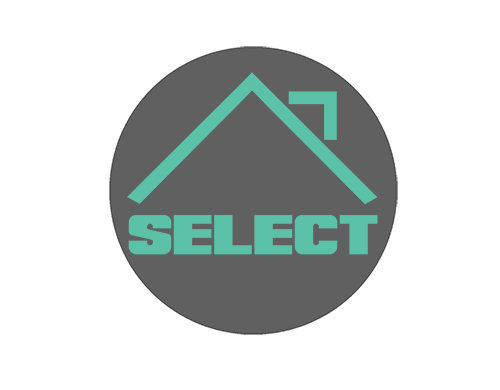Select Properties York |
| About Us | Building & Maintenance | Property Management | Investors |
PPROPERTY NEWS BLOG |
Building Strong Landlord-Tenant Relationships A Blueprint for Long-Term Success |
In the intricate dance of property management, the heartbeat of a thriving rental property lies in the strength of the relationship between landlords and tenants. A harmonious and collaborative partnership not only makes the leasing experience more enjoyable but also contributes to the longevity and prosperity of the rental arrangement. In this guide, we'll explore essential strategies for cultivating and sustaining healthy landlord-tenant relationships, creating an environment where everyone benefits.
Clear Communication: The Bedrock of Understanding At the core of any successful relationship lies effective communication. For landlords and tenants, transparent and open dialogue from the start is imperative. Establishing clear lines of communication ensures that both parties feel comfortable discussing concerns, clarifying expectations, and navigating the nuances of the leasing agreement. Regular check-ins, whether through scheduled meetings or digital channels, foster an environment of trust and understanding.
Fair and Transparent Policies: Building a Foundation of Trust Trust is a key element in any relationship, and when it comes to property management, having fair and transparent policies is essential. Lease agreements should be comprehensive yet easily comprehensible, covering aspects such as rent payment schedules, maintenance responsibilities, and property-specific rules. Clearly defined policies help set expectations, minimize misunderstandings, and create a solid foundation for a cooperative living arrangement.
Responsive Maintenance: Nurturing Contentment Timely response to maintenance requests is a hallmark of a caring landlord. Tenants appreciate knowing that their concerns are addressed promptly, and this responsiveness builds trust and satisfaction. Regular property maintenance not only preserves the value of the investment but also contributes to a positive living experience, fostering a sense of care and consideration.
Respect for Privacy: Balancing Boundaries Respecting the privacy of tenants is crucial for maintaining a healthy relationship. Landlords should provide notice before entering the property unless in emergencies, demonstrating a commitment to personal space and boundaries. Conversely, tenants are expected to uphold their end of the agreement by maintaining the property and adhering to agreed-upon rules.
Regular Check-Ins: A Proactive Approach Regular check-ins between landlords and tenants go beyond routine inspections; they signify a commitment to the well-being of both parties. These interactions provide an opportunity to address emerging concerns, provide updates on property matters, and ensure that the living arrangement aligns with the evolving needs of the tenant.
Flexibility and Understanding: Adapting to Life's Changes Life is dynamic, and circumstances can change for both landlords and tenants. A flexible and understanding approach during challenging times, such as financial difficulties or unexpected life events, fosters a positive and empathetic relationship. Demonstrating compassion and flexibility in such situations contributes significantly to the overall satisfaction of both parties.
Conclusion: In the complex landscape of property management, fostering healthy landlord-tenant relationships is not just a strategy; it's a commitment to creating a positive and sustainable living experience for everyone involved. By prioritizing clear communication, fair policies, responsive maintenance, respect for privacy, regular check-ins, and flexibility, landlords can lay the groundwork for a thriving rental partnership that stands the test of time. In this synergy, both landlords and tenants find not just a place to live, but a home where collaboration and understanding thrive.
|
|
Discuss your options
free advice and planning
"Restore your old, tired Garage or build new"
Investor Opportunity
“We provide our potential investors with opportunities that are always secured against property and have the potential to provide good levels of returns on a mid to long term basis.” |
| SITE LINKS |
| Home | ONNIT | Charity |
| About Us | Select Builders | Investment Brands |
| Development & Maintenance | Select Garden Services | Partner Brands |
| Property Management York | Investors | Contact Us |
_____________________________________________________________________________

Follow Us On |
© 2024 Select Properties York











